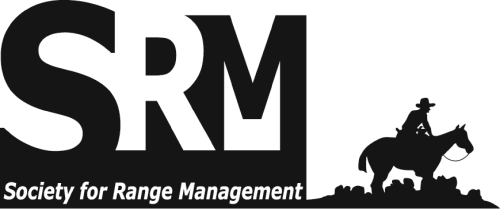Ecological assembly theory suggests that recolonization and short-term community successional trajectories follow predictable patterns associated with interactions between species life history traits and site characteristics. We tested this theory in two degraded salt desert shrubland sites, where the annual plant guild was dominated by downy brome (Bromus tectorum L.), to develop a mechanistic understanding of how the common control tactics of prescribed fire (cool fall burn) and pre-emergent herbicides (fall-applied imazapic; 105 g ai ha-1) impact successional trajectories. We then correlated the successional trajectories of the four control tactics (untreated control, herbicide, fire, herbicide + fire) with species abundances and soil surface attributes. Control tactics were applied to replicated 5-ha plots using a split-plot design at two salt desert sites in northwestern Utah in 2009. Plots were sub-sampled for percentage cover of species, bare ground, and litter within 30, randomly located 1-m2 plots before applying fire and herbicide (2009), re-sampling in 2010 and 2011. All data were analyzed using NMS. Our results indicate that there is a predictable order for species change that varied by control tactic. These were characterized by high annual forb and bare ground cover directly following fire and fire+herbicide treatments. The herbicide treatment, alternatively, decreased all species initially, but, as time went on, downy brome increased back to control levels. These results begin to quantify the changes of annual dominated plant communities over time as well as begin to identify times that management could be successful at transitioning out of the cycle of annual plant dominance.

Oral presentation and poster titles, abstracts, and authors from the Society for Range Management (SRM) Annual Meetings and Tradeshows, from 2013 forward.